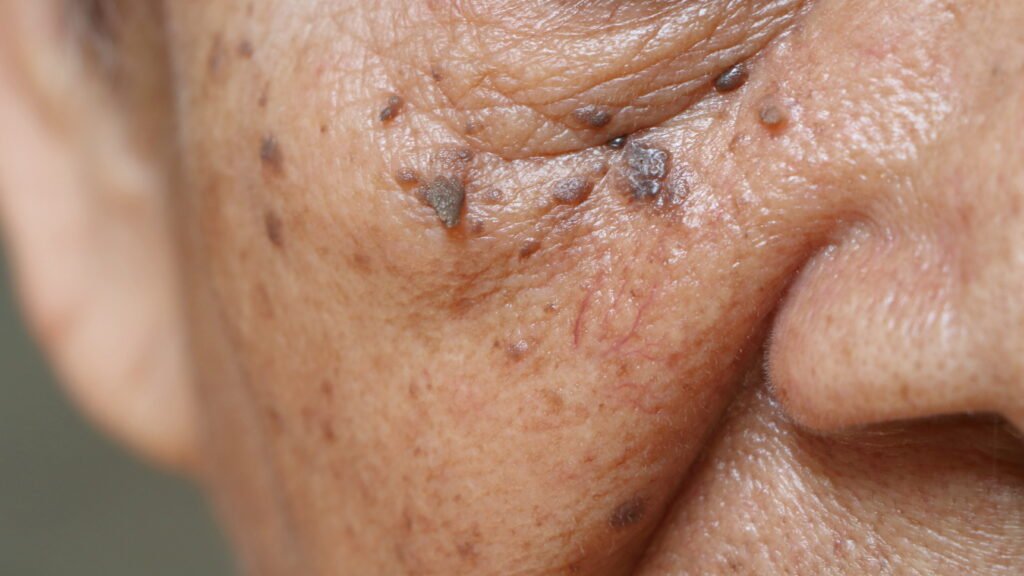Google Launches AI-Powered Dermatology Tool: What You Need to Know
Google has recently introduced a groundbreaking AI-powered dermatology tool designed to assist users in understanding skin, hair, and nail conditions. This innovative app, named Dermatology Assist, leverages advanced artificial intelligence to analyze user-submitted photos, engage in an interactive questionnaire, and ultimately generate a list of potential causes for their dermatological concerns.
What is Dermatology Assist?
Google’s Dermatology Assist is currently in pilot testing in the United States but has garnered approval from European regulators to function as a low-risk medical device. This approval paves the way for its integration into Google search functionalities later this year, making it accessible to a broader audience.
Key Features:
- Photo Analysis: Users can upload images of their skin concerns for AI analysis.
- Interactive Questionnaire: The tool engages users by asking relevant questions to refine potential diagnoses.
- Comprehensive Knowledge Base: Dermatology Assist covers 288 conditions related to hair, nails, and skin, addressing up to 90% of commonly searched dermatological queries.
Expert Insights
During the recent Google I/O developer conference, company executives expressed optimism about the tool’s ability to enhance patient engagement with their health. Karen DeSalvo, Google’s Chief Health Officer, shared her vision, stating, “I hope this tool helps patients feel more engaged with their health when they visit a doctor.”
However, the introduction of such technology comes with mixed responses from external clinicians and researchers. There are valid concerns surrounding the user interpretation of results and the tool’s efficacy across diverse skin types, especially given the predominantly white-skinned demographic used in much of the dermatology training data.
Concerns Highlighted:
- Interpretation of Results: Users may misinterpret the suggestions generated by AI.
- Bias in Training Data: Most dermatology training relies heavily on images from individuals with lighter skin tones, raising questions about the tool’s performance for people of color.
Industry Stance
Despite these challenges, Dermatology Assist marks a significant step in the integration of technology and healthcare. U.S. regulatory bodies have yet to approve any AI-powered dermatology device, emphasizing the cautious yet optimistic approach to this transformative technology.
Conclusion
As Google prepares to roll out Dermatology Assist to consumers, the future of AI in healthcare looks promising yet cautious. With ongoing developments, this tool has the potential to revolutionize how individuals perceive and engage with their dermatological health.
For additional information on skin conditions, visit American Academy of Dermatology or explore more about AI in healthcare at HealthTech Magazine.
Stay tuned for updates as Google continues to advance the intersection of technology and healthcare.


